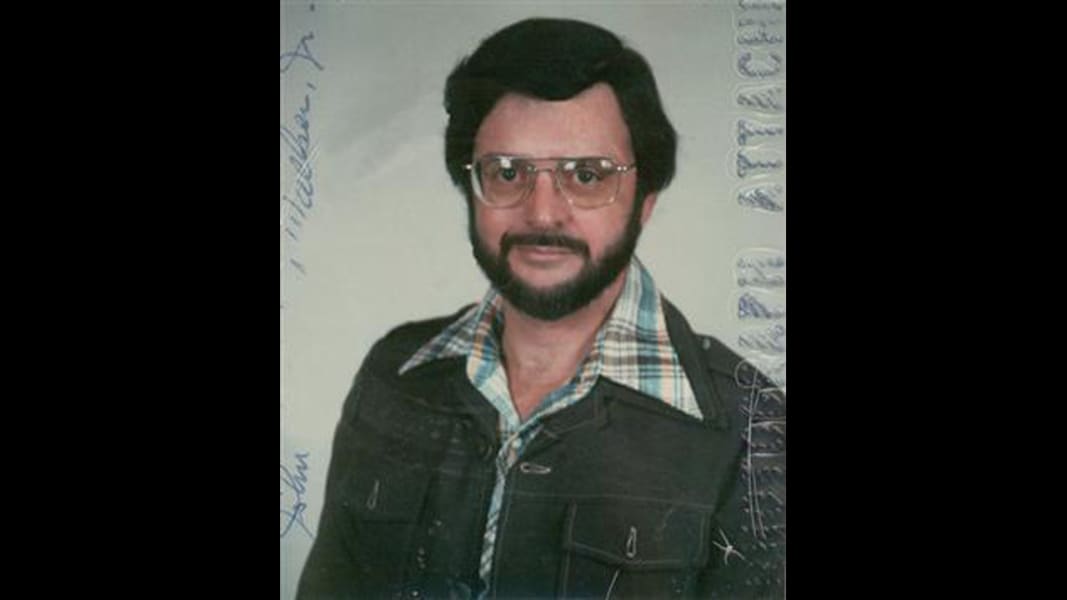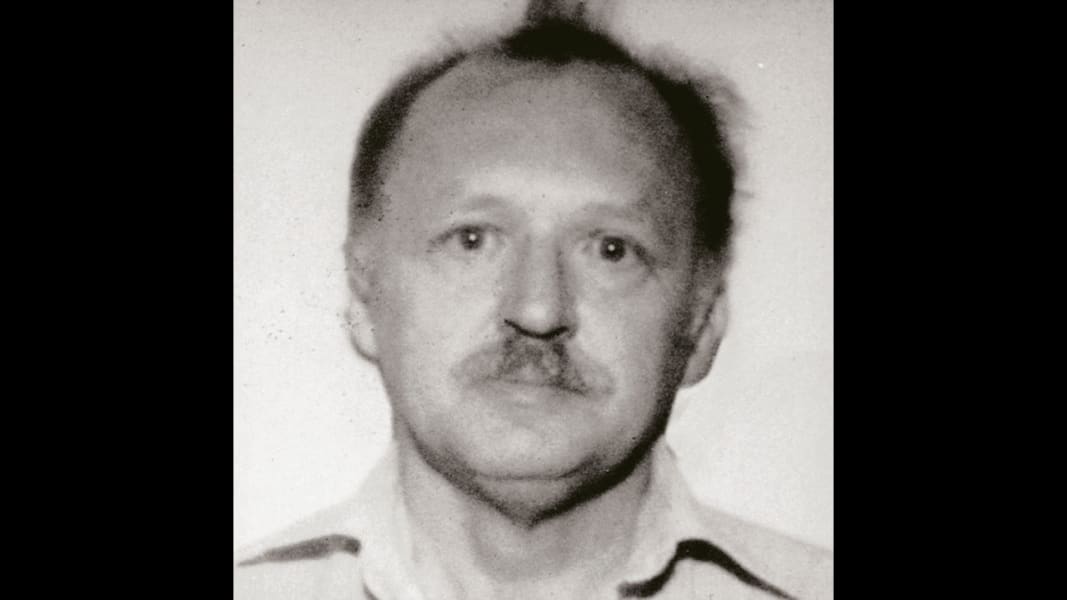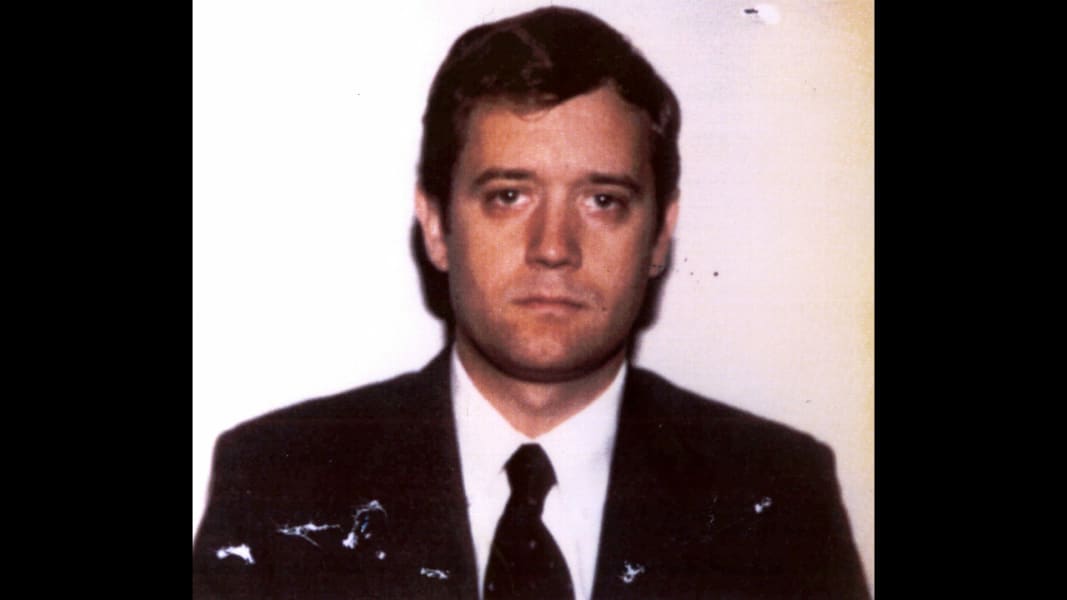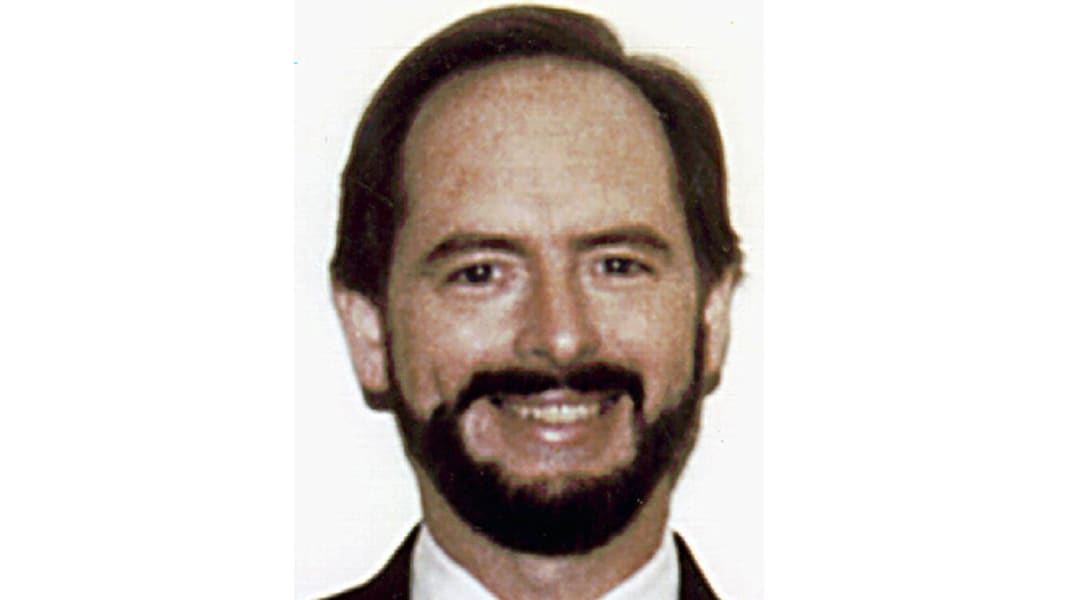Share


1 of 10
Several American turncoats have been caught spying on their own countries while working at the CIA, the National Security Agency, the US State Department and the Pentagon. Here's a quick look at who got caught and how they were punished.
After what looked like a successful 16 years in the CIA, Harold James "Jim" Nicholson was caught selling secrets to Russia. He was convicted on espionage charges in 1997 and sentenced to 23 years in prison. In 2011, Nicholson's son Nathaniel was charged after meeting with Russian agents to collect money owed to his father. He was sentenced to five years probation. As a result, Harold Nicholson was sentenced to an additional eight years in prison on charges of conspiracy to act as an agent of a foreign government and conspiracy to commit money laundering. Associated Press
Retired US State Department analyst Walter Kendall Myers, left, pleaded guilty to wire fraud and conspiracy to commit espionage for Cuba in 2009. His wife, Gwendolyn Myers, right, pleaded guilty to conspiracy to gather and transmit national defense information. In 2010 Myers was sentenced to life in prison. His wife was sentenced to 81 months. Bill Hennessy/CNN
American citizen Ana Montes worked for the Pentagon intelligence arm, the Defense Intelligence Agency, for 16 years before she was caught spying for Cuba. In 2002, she pleaded guilty to espionage and was sentenced to 25 years in federal prison. FBI
Aldrich Ames, a 31-year CIA employee, pleaded guilty to espionage charges in 1994 and was sentenced to life in prison. Ames was a CIA case worker who specialized in Soviet intelligence services and had been passing classified information to the KGB since 1985. US intelligence officials believe that information passed along by Ames led to the arrest and execution of Russian officials they had recruited to spy for them. LUKE FRAZZA/AFP/Getty Images
Jonathan Pollard is a divisive figure in US-Israeli relations. The former US Navy intelligence analyst was caught spying for Israel in 1985 and was sentenced in 1987 to life imprisonment. Previously, the United States and Israel discussed his possible release as part of efforts to save fragile Middle East peace negotiations, according to sources familiar with the talks. In 2015, Pollard was released on parole -- 30 years after his arrest. U.S. Navy
Robert Hanssen pleaded guilty to espionage charges in 2001 in return for the government not seeking the death penalty. Hanssen began spying for the Soviet Union in 1979, three years after going to work for the FBI, and prosecutors said he collected $1.4 million for the information he turned over to the Cold War enemy. In 1981, Hanssen's wife caught him with classified documents and convinced him to stop spying, but he started passing secrets to the Soviets again four years later. In 1991, he broke off relations with the KGB, but resumed his espionage career in 1999, this time with the Russian Intelligence Service. He was arrested after making a drop in a Virginia park in 2001. FBI/Newsmakers
John Walker ran a father and son spy ring, passing classified material to the Soviet Union from 1967 to 1985. He was a Navy communications specialist with financial difficulties when he walked into the Soviet Embassy and sold a piece of cyphering equipment. Navy and Defense officials said that Walker enabled the Soviet Union to unscramble military communications and pinpoint the location of US submarines at all times. As part of his plea deal, prosecutors promised leniency for Walker's son Michael Walker, a former Navy seaman. Michael Walker was released in 2000 after serving 15 years in prison. John Walker died in prison in 2014. USNI.ORG
Ronald Pelton joined the super-secret National Security Agency, the US government's electronic intelligence arm, after serving in the Air Force's communications intelligence division. He resigned in 1979, but after running into financial trouble, he approached the Soviet Embassy in Vienna. He then began passing Moscow classified information, including details of a program that tapped undersea Soviet communications cables. He was exposed when his handler defected to the United States in 1985. Although he was sentenced to three concurrent life sentences, Pelton eventually was released in 2015. National Security Agency
Earl Pitts' job was to monitor suspected Soviet spies at the United Nations. But the veteran FBI agent soon began selling his secrets to the KGB, which he contacted in 1987, and its successor agencies after the Soviet Union collapsed. He got about $224,000 from the Kremlin before a Russian double agent tipped off US intelligence, and he was arrested in 1996. The federal judge who sentenced him to 27 years in prison -- more than prosecutors had requested -- told him, "You betrayed your country, you betrayed your government, your fellow workers and all of us, really." FBI/AP
















